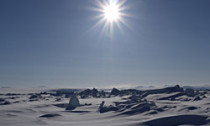
The US is a hotbed of climate science denial when compared with other countries, with international polling finding a significant number of Americans do not believe human-driven climate change is occurring.
A total of 13% of Americans polled in a 23-country survey conducted by the YouGov-Cambridge Globalism Project agreed with the statement that the climate is changing “but human activity is not responsible at all”. A further 5% said the climate was not changing.
Only Saudi Arabia (16%) and Indonesia (18%) had a higher proportion of people doubtful of manmade climate change.
Americans were also more likely than any other western country polled to say they did not know whether the climate was changing or people were responsible – a total of 13% said this.
But desp...
Read More

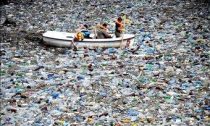
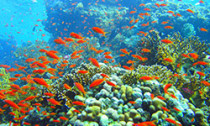
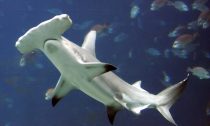
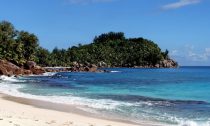
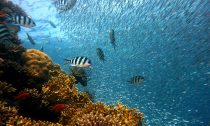

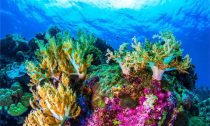
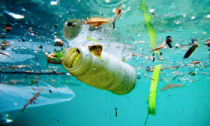
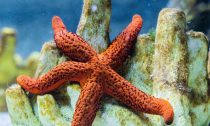


Social Profiles